Home / trending / Vijay Mallya Claims Entitlement to Relief After Banks Recover ₹14,131 Crore in Assets, Sparks Legal Debate
Vijay Mallya Claims Entitlement to Relief After Banks Recover ₹14,131 Crore in Assets, Sparks Legal Debate
By: My India Times
3 minutes read 848Updated At: 2024-12-19
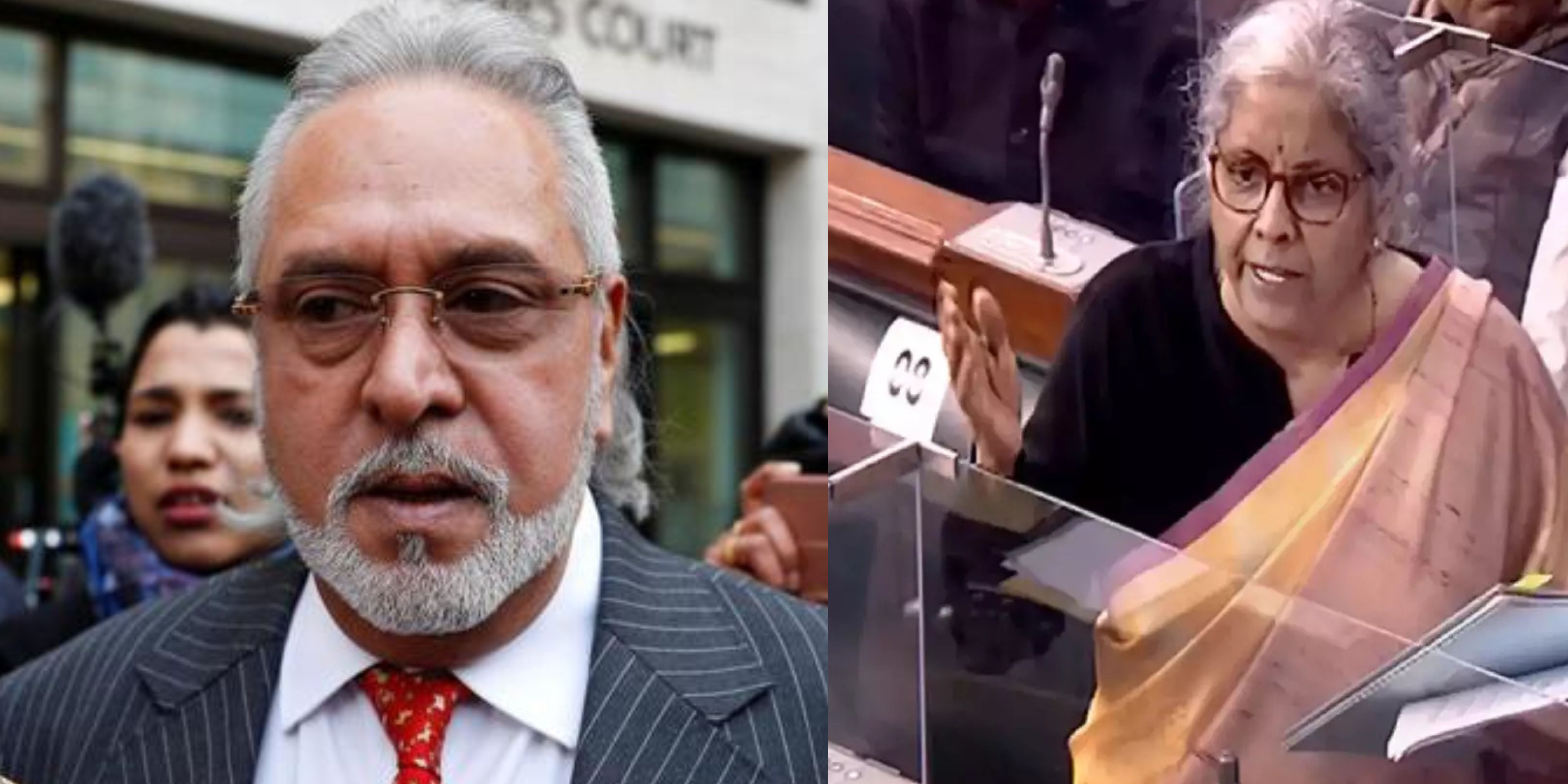
Fugitive businessman Vijay Mallya has once again sparked controversy by asserting his entitlement to relief after banks reportedly recovered ₹14,131.60 crore from him, a sum that significantly exceeds the ₹6,203 crore debt adjudicated by the Debt Recovery Tribunal (DRT). Despite this massive recovery, Mallya continues to be labeled an “economic offender” under Indian law, a designation he is determined to challenge. In a recent statement posted on social media platform X (formerly known as Twitter), Mallya argued that he is entitled to relief, as the recovered amount is more than twice the original debt owed.
According to Mallya, the DRT had originally determined the debt owed by his now-defunct Kingfisher Airlines (KFA) to be ₹6,203 crore, which included ₹1,200 crore in interest. This ruling was central to the legal proceedings against Mallya, who fled the country in 2016 amid allegations of financial mismanagement and loan defaults. However, following an extended legal battle, Finance Minister Nirmala Sitharaman informed Parliament that the Enforcement Directorate (ED) and banks had successfully recovered ₹14,131.60 crore from Mallya, which far surpasses the original debt amount.
In his post, Mallya raised serious questions regarding the legality of recovering more than double the debt owed. He asserted that unless the Enforcement Directorate and the banks could justify this excess recovery legally, he should be entitled to relief, which he plans to pursue. Mallya’s comments have reignited a debate about the recovery process in cases involving economic offenders, as well as the legal and ethical implications of such actions.
Mallya's assertion underscores the complex nature of asset recovery in cases of financial fraud. He pointed out that the DRT had ruled the debt to be ₹6,203 crore, and yet, the authorities had gone ahead and recovered over twice that amount. “Unless the ED and Banks can legally justify how they have taken more than two times the debt, I am entitled to relief, which I will pursue,” Mallya declared. This statement has raised important questions regarding the scope of asset recovery laws, the definition of "economic offenders," and the impact on individuals facing such charges.
The controversy surrounding Mallya’s recovery highlights a broader issue in India: the recovery of assets from individuals accused of economic crimes, particularly those who flee the country to avoid prosecution. Mallya's case is one of the most high-profile examples of such legal battles, with the Indian government seeking his extradition from the UK to face charges in India. Despite the recovery of assets, Mallya remains adamant that the amount taken exceeds the legitimate debt, fueling his demand for legal relief.
The Enforcement Directorate’s recent actions have been part of a wider effort by the Indian government to target financial criminals and return ill-gotten assets to public sector banks. In her address to Parliament, Finance Minister Nirmala Sitharaman stated that the ED had successfully restored properties worth ₹22,280 crore, including ₹14,131.60 crore from Mallya's assets. These properties were seized and returned to public sector banks as part of the government's ongoing crackdown on economic offences.
The government’s actions are a significant step toward holding financial defaulters accountable and ensuring that misappropriated assets are returned to the public sector. Mallya’s case, however, brings attention to the complex legal issues surrounding asset recovery and whether the recovery process should be capped at the original debt amount or adjusted for interest and penalties.
While the recovery of Mallya’s assets has been hailed as a victory by many, the case remains embroiled in legal complexities. Mallya’s legal team is expected to challenge the process further, questioning the excess recovery and seeking relief on the grounds that the amount taken goes beyond what was initially adjudicated. His pursuit of justice will likely continue in the courts, potentially setting a precedent for future cases involving high-profile financial crimes.
Mallya’s case also raises significant questions about the adequacy of India's financial crime recovery system. While there is widespread support for cracking down on economic offenders, there is also a growing demand for transparency and accountability in the recovery process. As the government continues its efforts to reclaim stolen assets, the legal and ethical ramifications of these recoveries remain a point of contention.
In conclusion, Vijay Mallya’s claim of entitlement to relief after the recovery of over ₹14,000 crore is a powerful reminder of the complexities involved in financial fraud cases. His challenge of the legal justification for recovering more than double the debt owed is likely to keep the case in the media spotlight. As Mallya continues his legal battle, the outcomes of his case could have significant implications for future asset recovery efforts and the treatment of economic offenders in India.
....Fugitive businessman Vijay Mallya has once again sparked controversy by asserting his entitlement to relief after banks reportedly recovered ₹14,131.60 crore from him, a sum that significantly exceeds the ₹6,203 crore debt adjudicated by the Debt Recovery Tribunal (DRT). Despite this massive recovery, Mallya continues to be labeled an “economic offender” under Indian law, a designation he is determined to challenge. In a recent statement posted on social media platform X (formerly known as Twitter), Mallya argued that he is entitled to relief, as the recovered amount is more than twice the original debt owed.
According to Mallya, the DRT had originally determined the debt owed by his now-defunct Kingfisher Airlines (KFA) to be ₹6,203 crore, which included ₹1,200 crore in interest. This ruling was central to the legal proceedings against Mallya, who fled the country in 2016 amid allegations of financial mismanagement and loan defaults. However, following an extended legal battle, Finance Minister Nirmala Sitharaman informed Parliament that the Enforcement Directorate (ED) and banks had successfully recovered ₹14,131.60 crore from Mallya, which far surpasses the original debt amount.
In his post, Mallya raised serious questions regarding the legality of recovering more than double the debt owed. He asserted that unless the Enforcement Directorate and the banks could justify this excess recovery legally, he should be entitled to relief, which he plans to pursue. Mallya’s comments have reignited a debate about the recovery process in cases involving economic offenders, as well as the legal and ethical implications of such actions.
Mallya's assertion underscores the complex nature of asset recovery in cases of financial fraud. He pointed out that the DRT had ruled the debt to be ₹6,203 crore, and yet, the authorities had gone ahead and recovered over twice that amount. “Unless the ED and Banks can legally justify how they have taken more than two times the debt, I am entitled to relief, which I will pursue,” Mallya declared. This statement has raised important questions regarding the scope of asset recovery laws, the definition of "economic offenders," and the impact on individuals facing such charges.
The controversy surrounding Mallya’s recovery highlights a broader issue in India: the recovery of assets from individuals accused of economic crimes, particularly those who flee the country to avoid prosecution. Mallya's case is one of the most high-profile examples of such legal battles, with the Indian government seeking his extradition from the UK to face charges in India. Despite the recovery of assets, Mallya remains adamant that the amount taken exceeds the legitimate debt, fueling his demand for legal relief.
The Enforcement Directorate’s recent actions have been part of a wider effort by the Indian government to target financial criminals and return ill-gotten assets to public sector banks. In her address to Parliament, Finance Minister Nirmala Sitharaman stated that the ED had successfully restored properties worth ₹22,280 crore, including ₹14,131.60 crore from Mallya's assets. These properties were seized and returned to public sector banks as part of the government's ongoing crackdown on economic offences.
The government’s actions are a significant step toward holding financial defaulters accountable and ensuring that misappropriated assets are returned to the public sector. Mallya’s case, however, brings attention to the complex legal issues surrounding asset recovery and whether the recovery process should be capped at the original debt amount or adjusted for interest and penalties.
While the recovery of Mallya’s assets has been hailed as a victory by many, the case remains embroiled in legal complexities. Mallya’s legal team is expected to challenge the process further, questioning the excess recovery and seeking relief on the grounds that the amount taken goes beyond what was initially adjudicated. His pursuit of justice will likely continue in the courts, potentially setting a precedent for future cases involving high-profile financial crimes.
Mallya’s case also raises significant questions about the adequacy of India's financial crime recovery system. While there is widespread support for cracking down on economic offenders, there is also a growing demand for transparency and accountability in the recovery process. As the government continues its efforts to reclaim stolen assets, the legal and ethical ramifications of these recoveries remain a point of contention.
In conclusion, Vijay Mallya’s claim of entitlement to relief after the recovery of over ₹14,000 crore is a powerful reminder of the complexities involved in financial fraud cases. His challenge of the legal justification for recovering more than double the debt owed is likely to keep the case in the media spotlight. As Mallya continues his legal battle, the outcomes of his case could have significant implications for future asset recovery efforts and the treatment of economic offenders in India.
By: My India Times
Updated At: 2024-12-19
Tags: trending News | My India Times News | Trending News | Travel News
Join our WhatsApp Channel

Similiar News
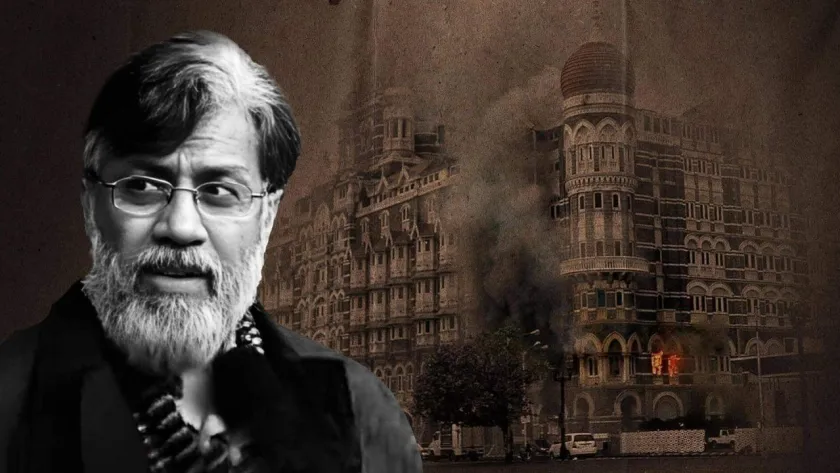
US Supreme Court Rejects 26/11 Accused Tahawwur Rana’s Plea to Block Extradition to India
2025-03-08



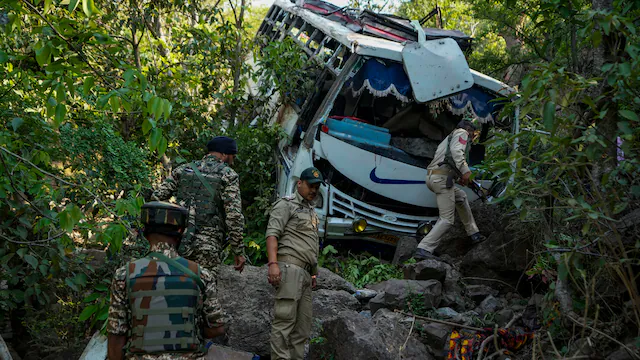














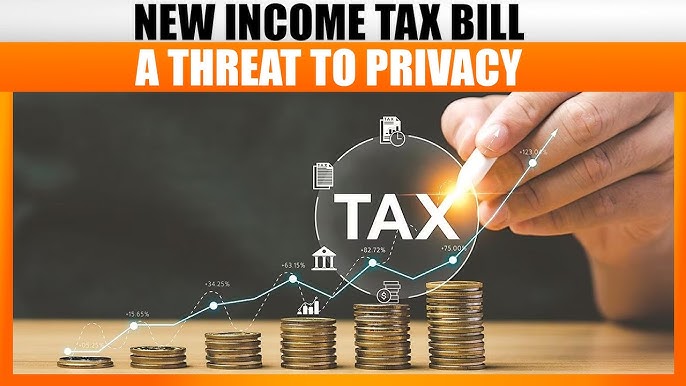




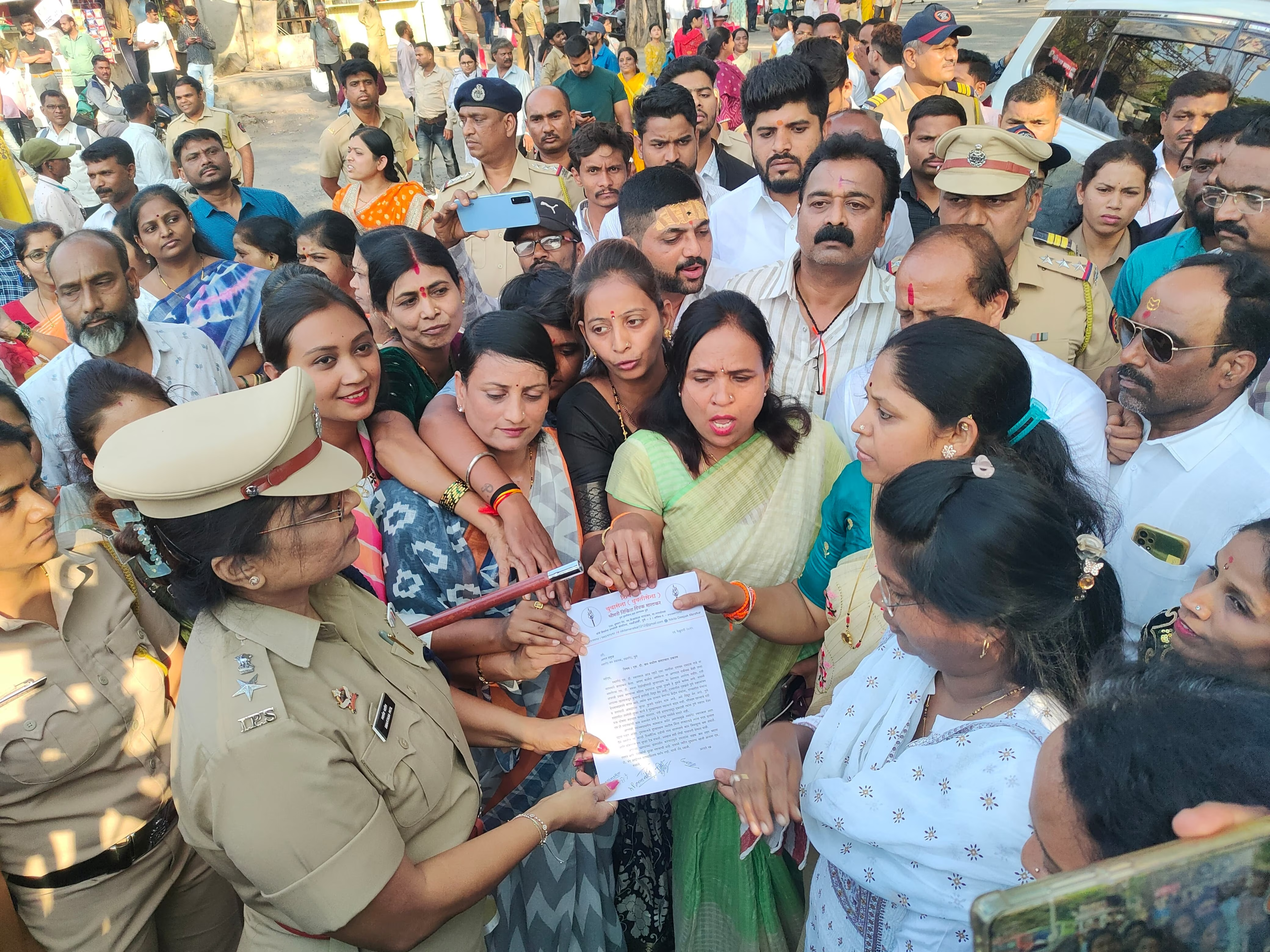

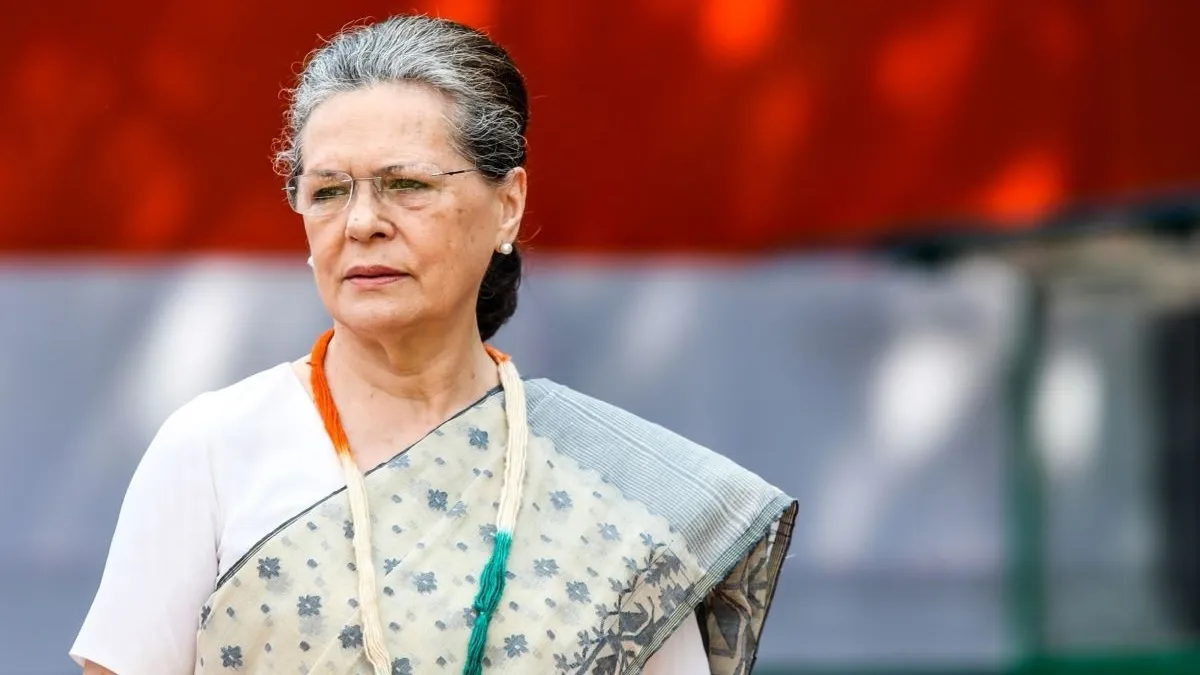
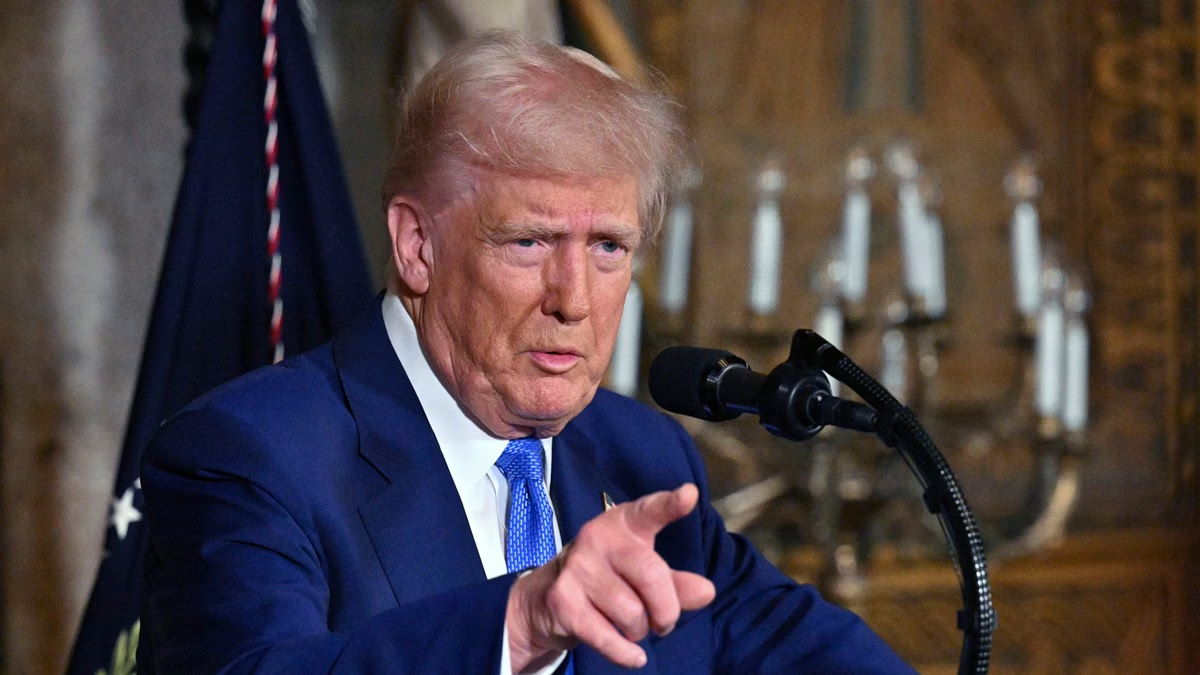






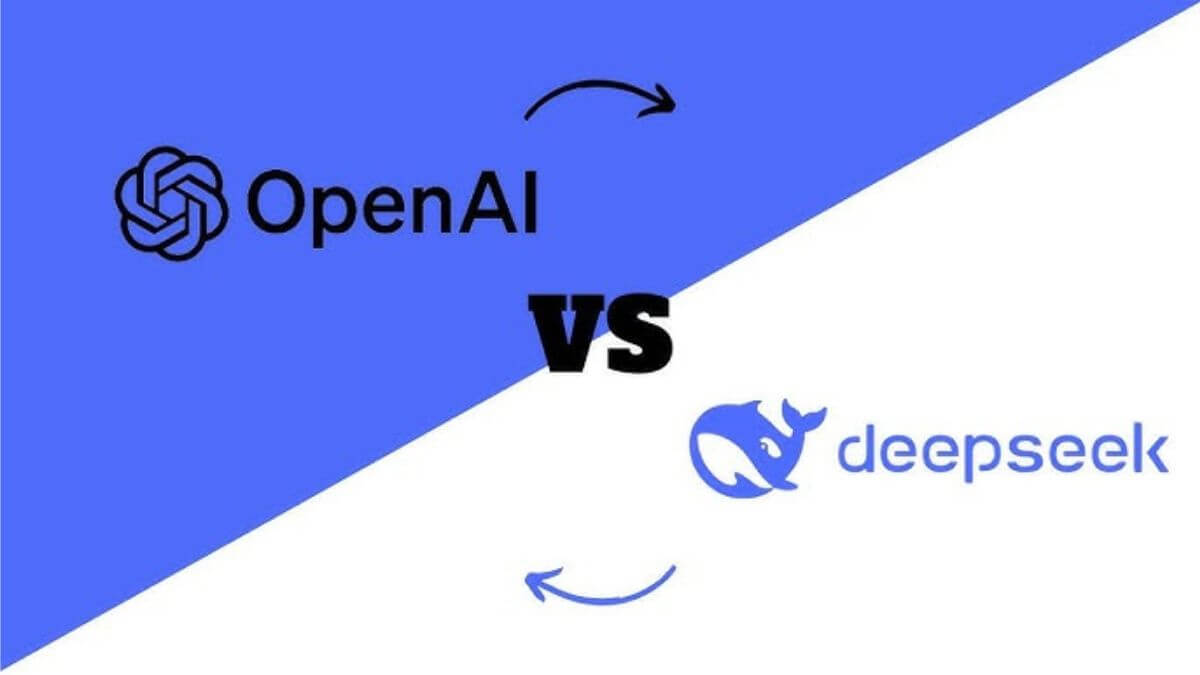

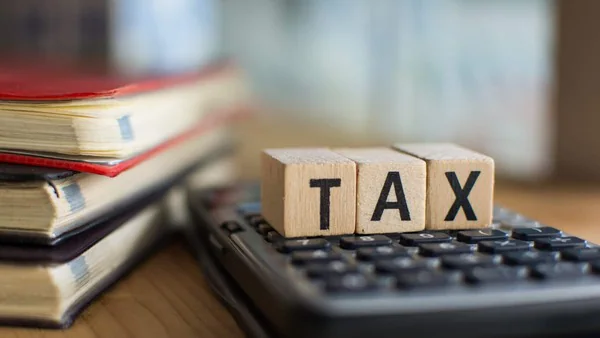







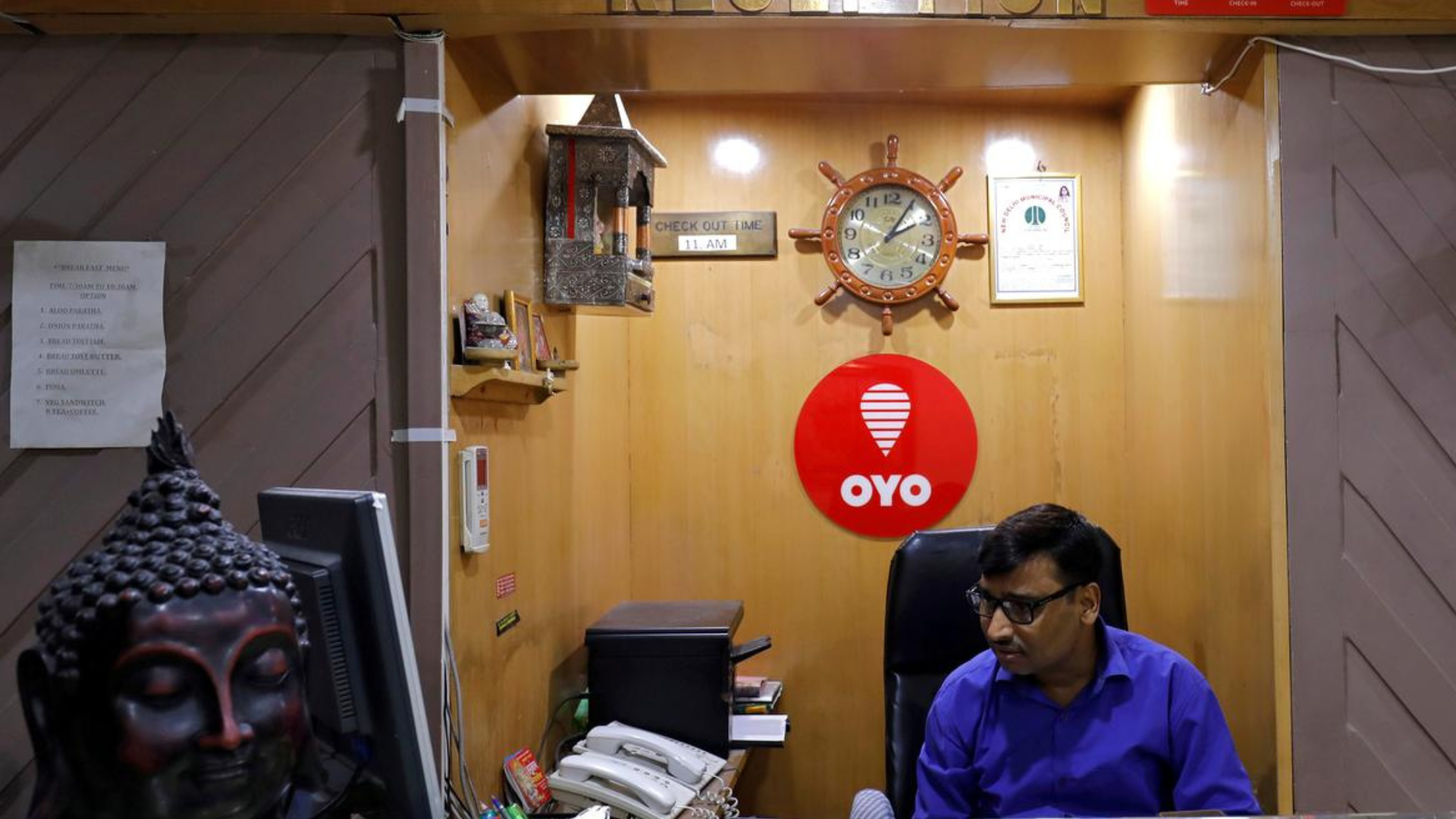

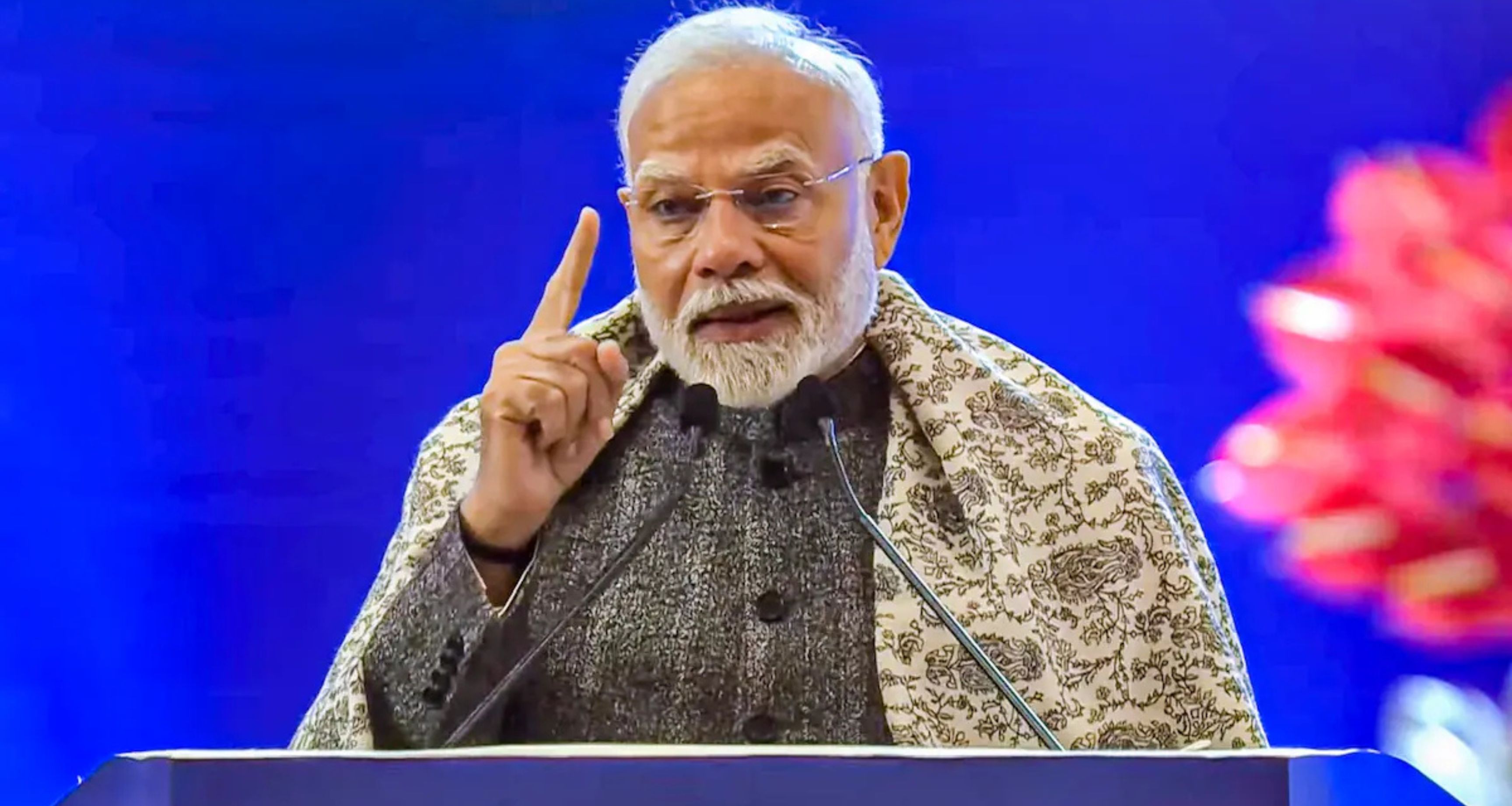
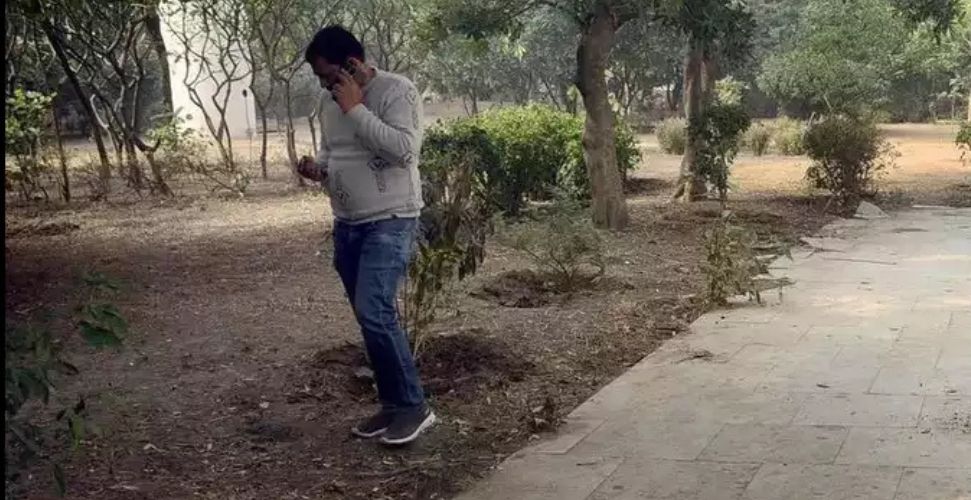


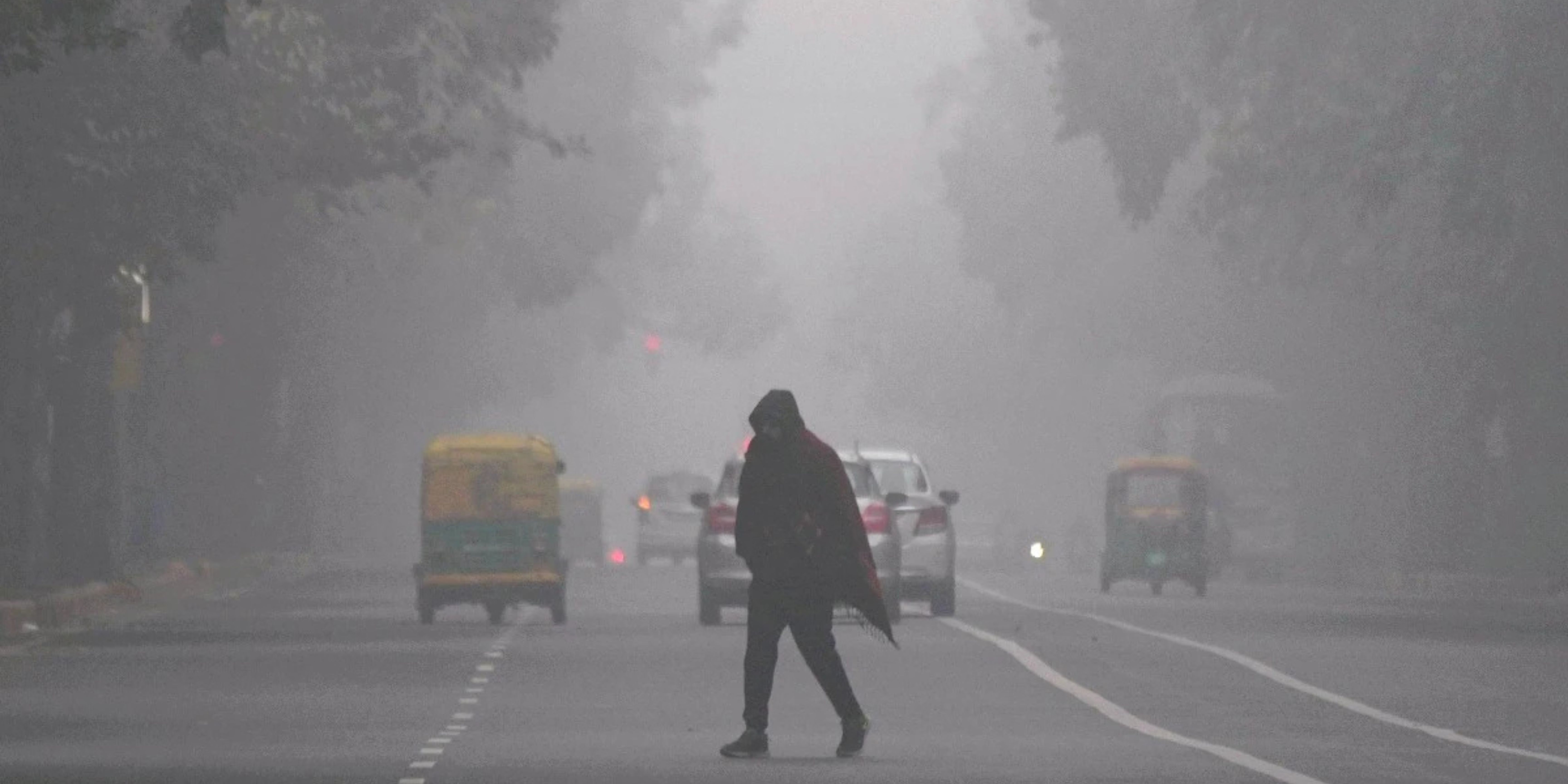


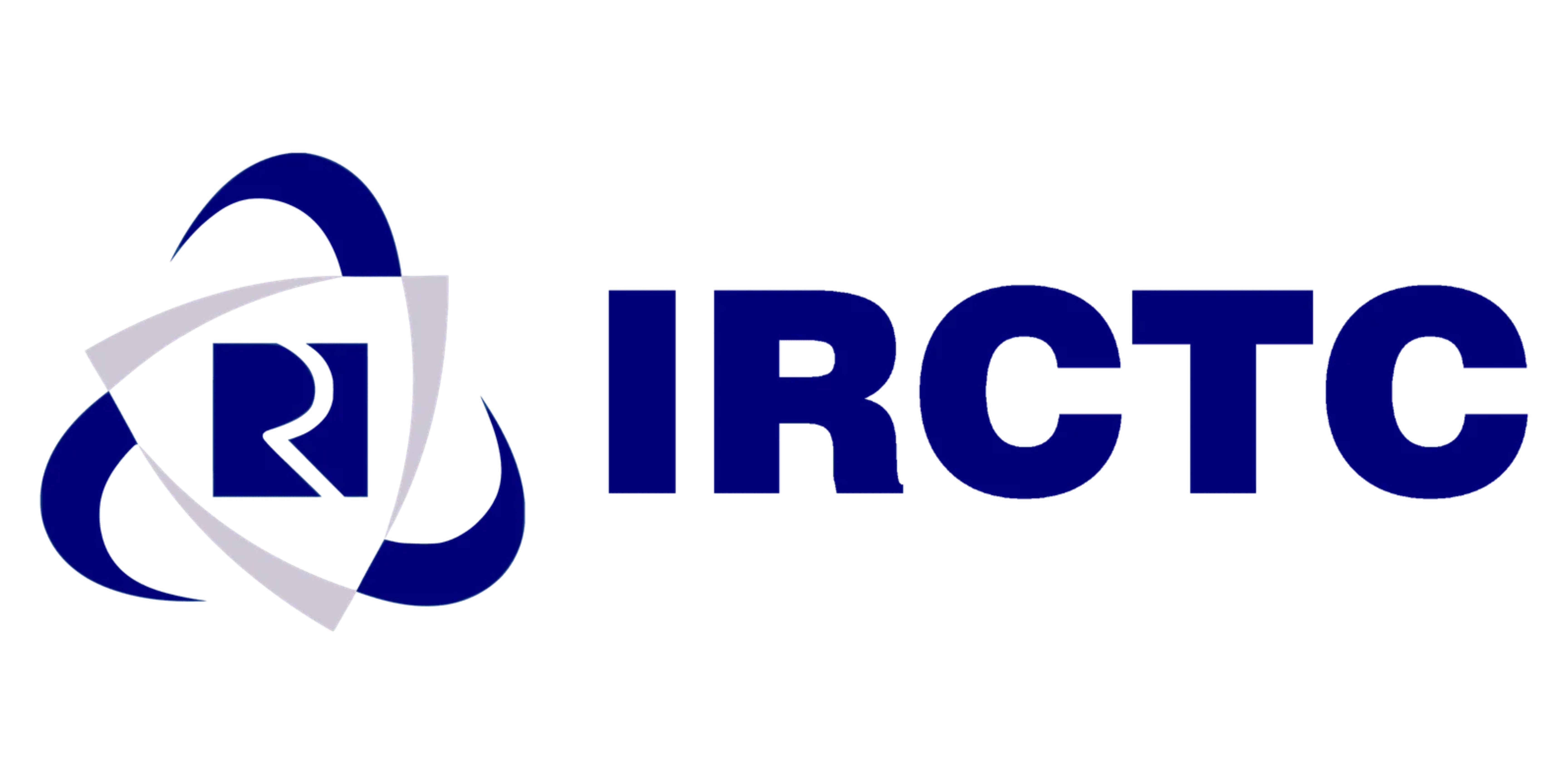




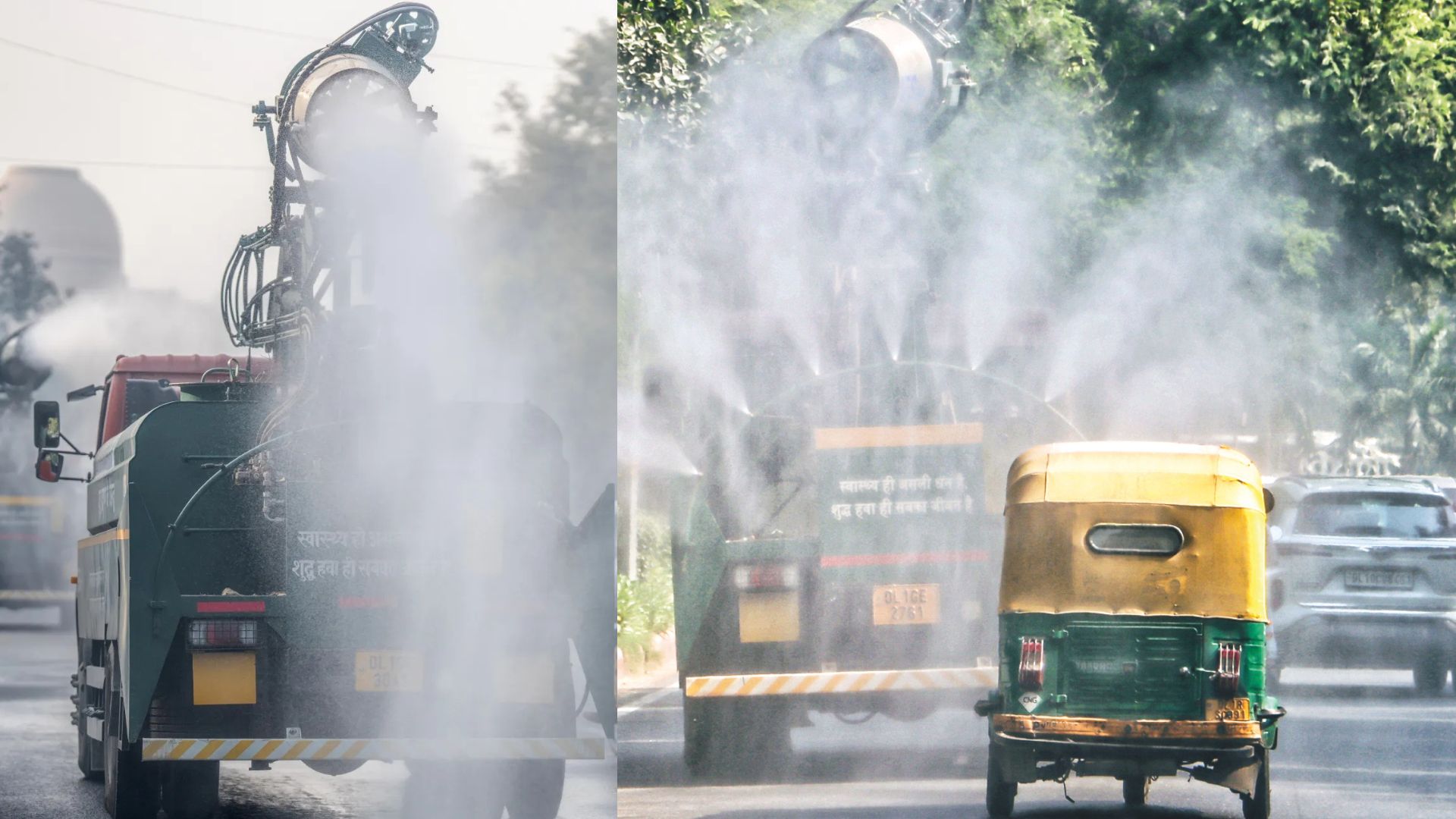



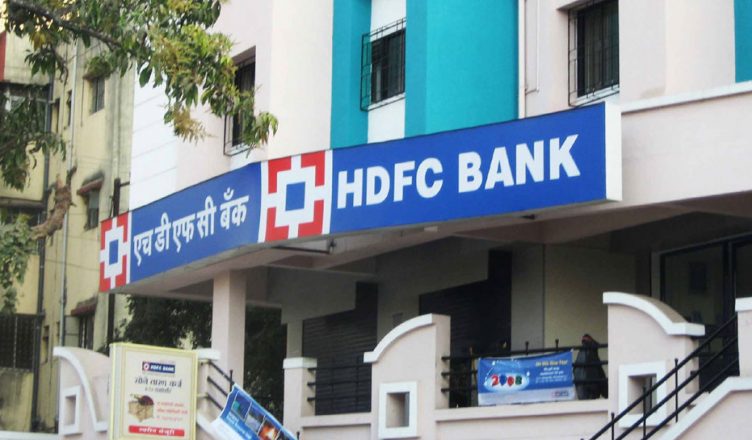

.jfif)
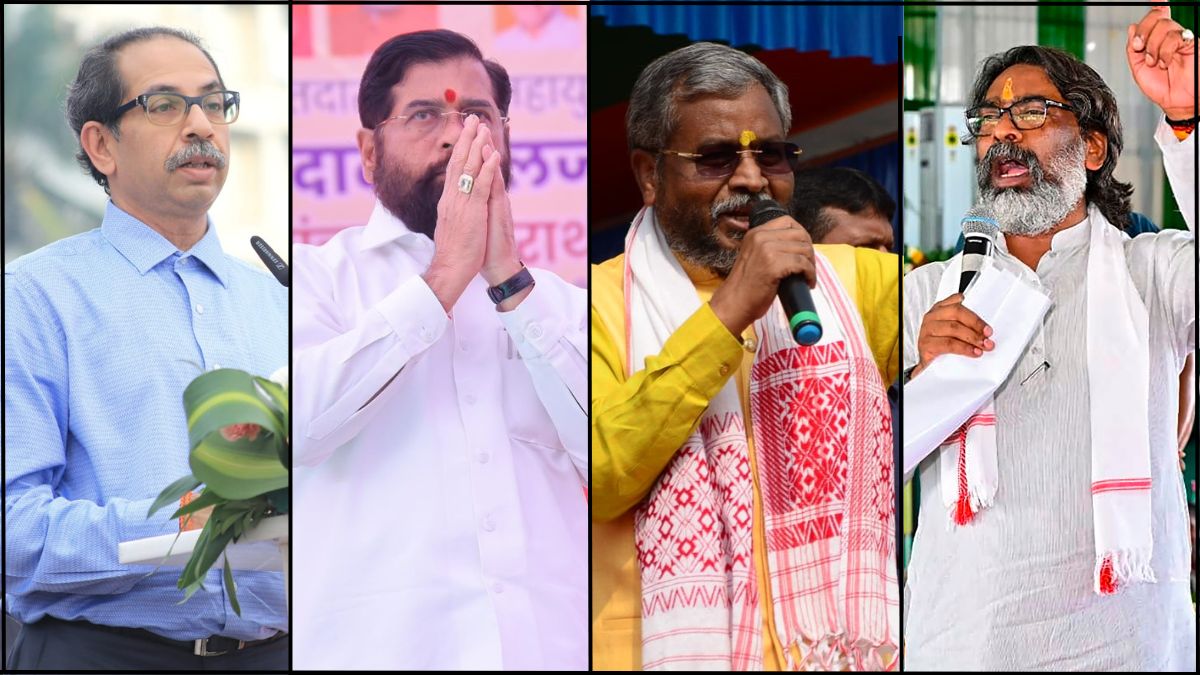
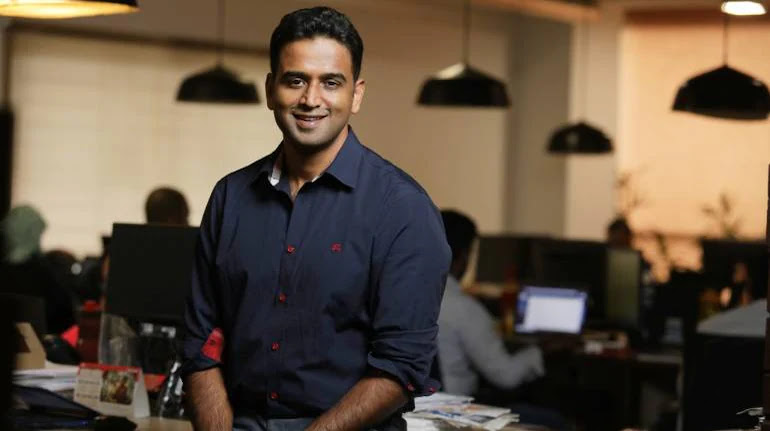


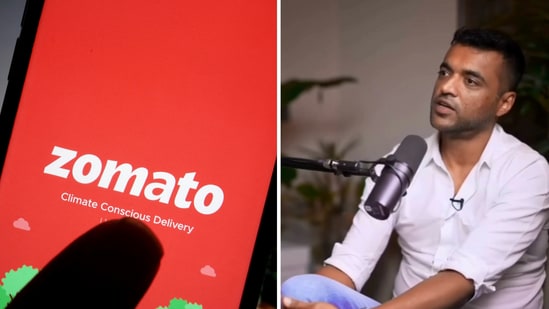
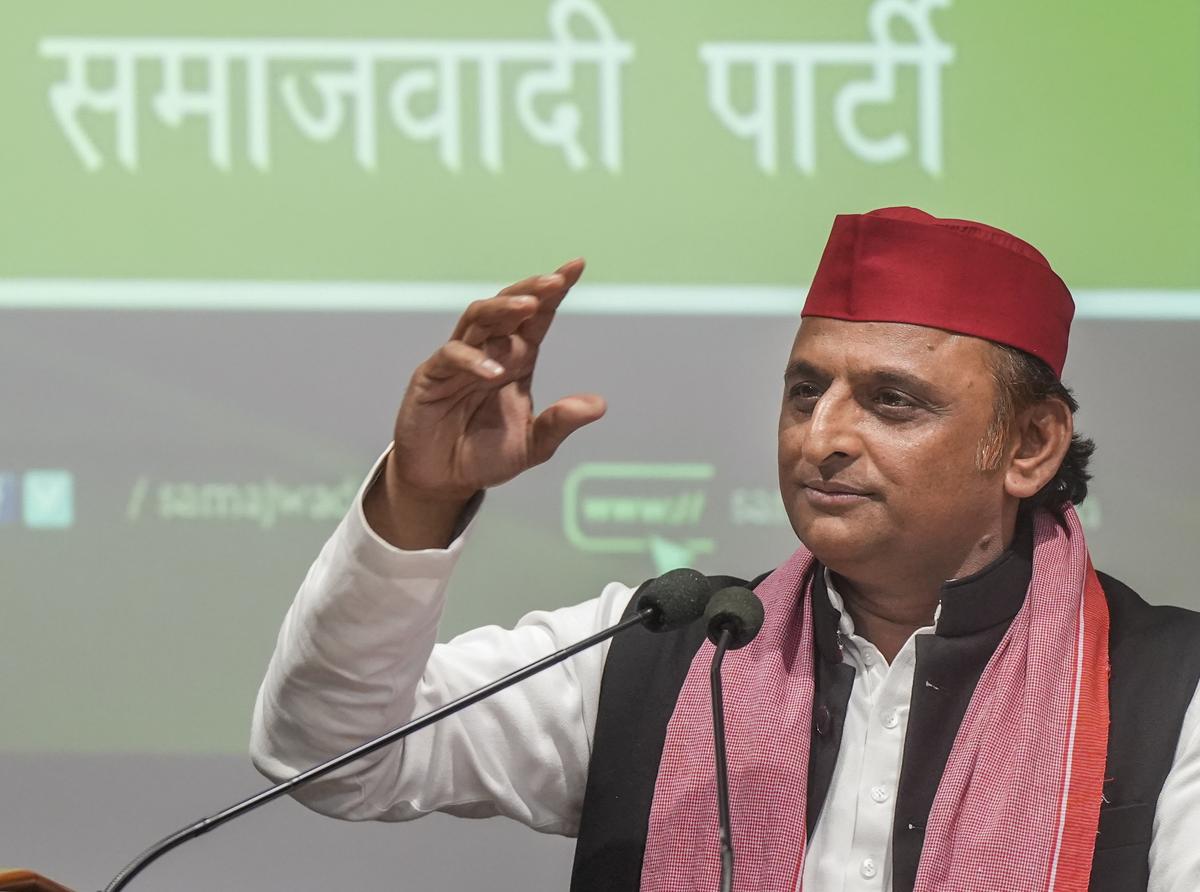

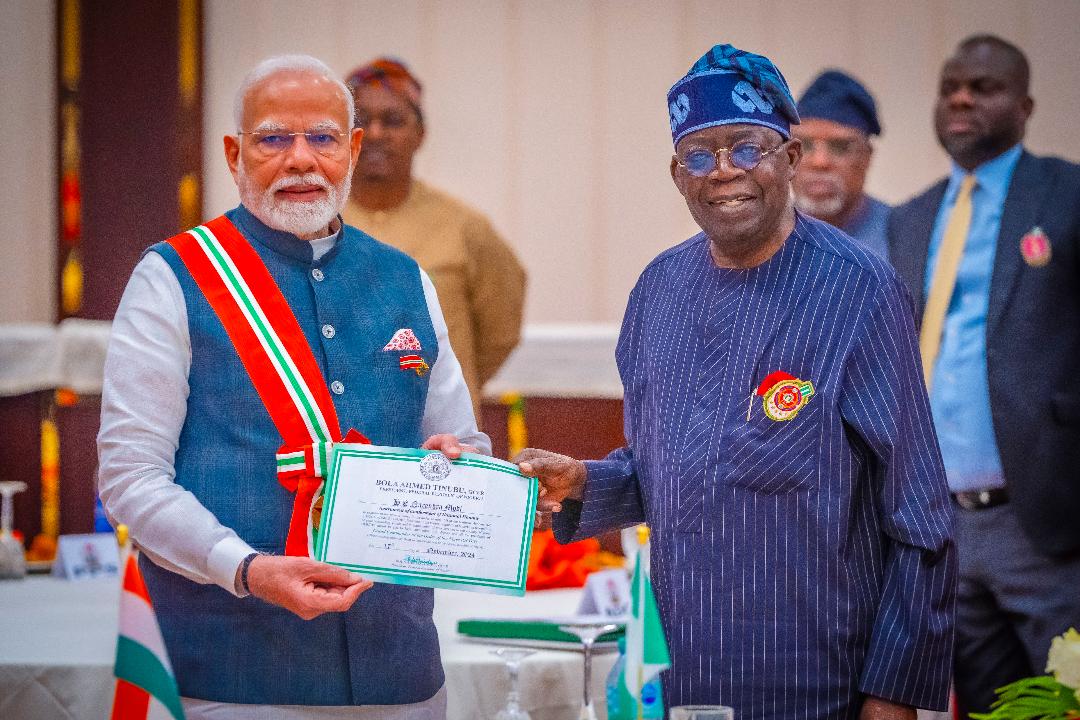

.jpg)



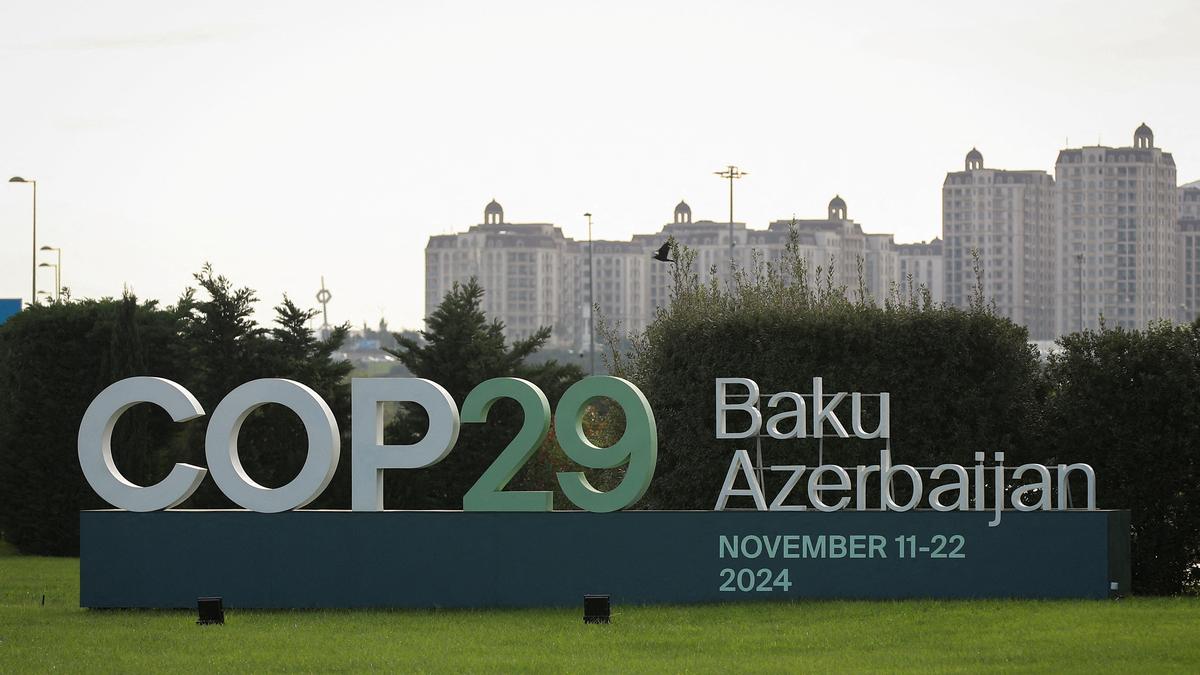

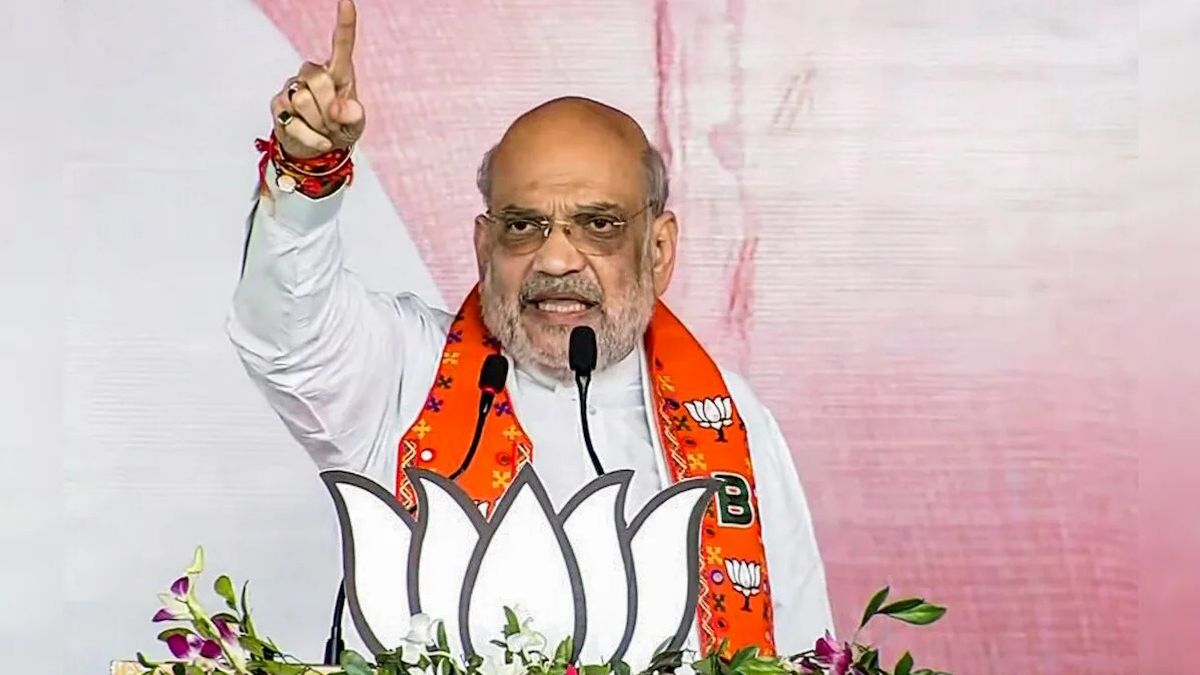
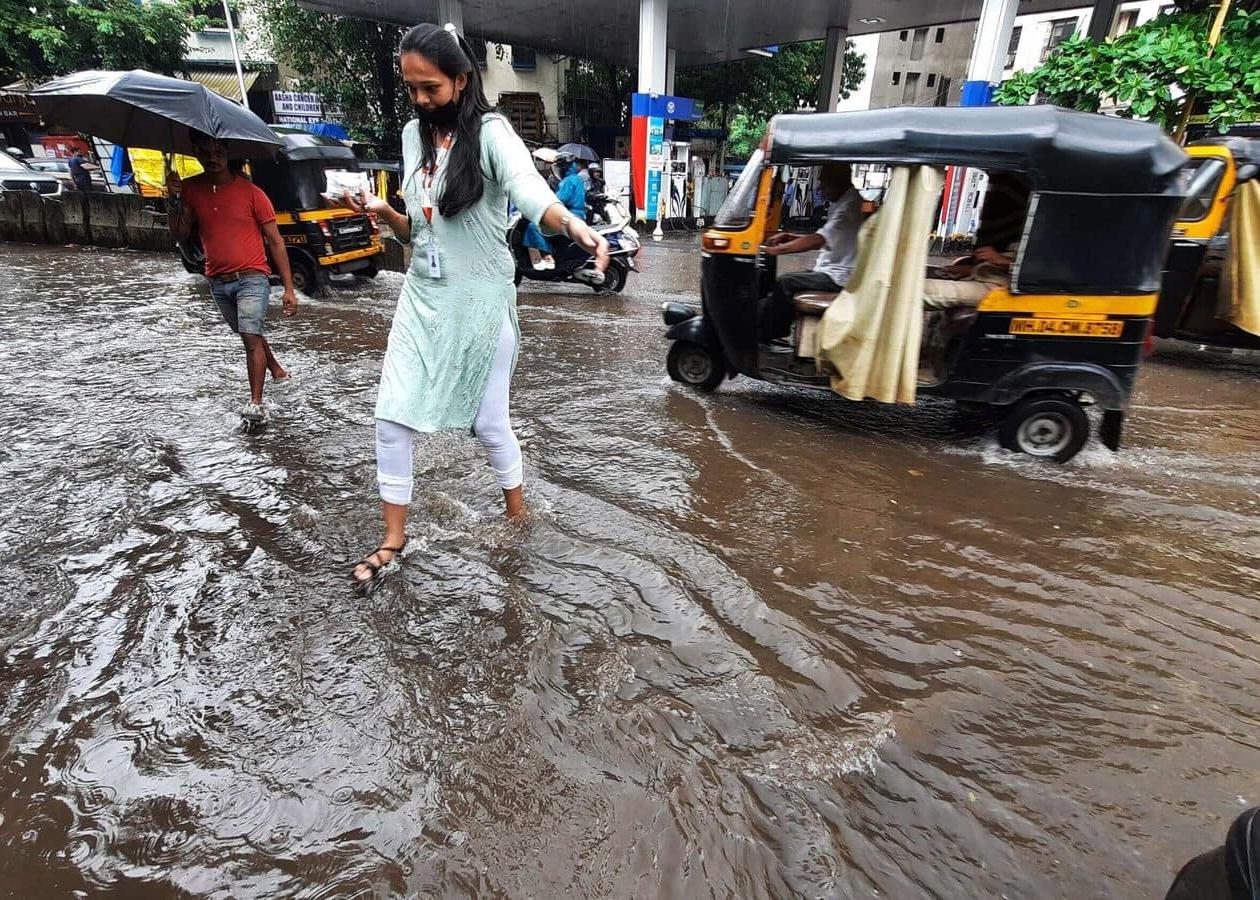




























































































.png)
 (1).png)























